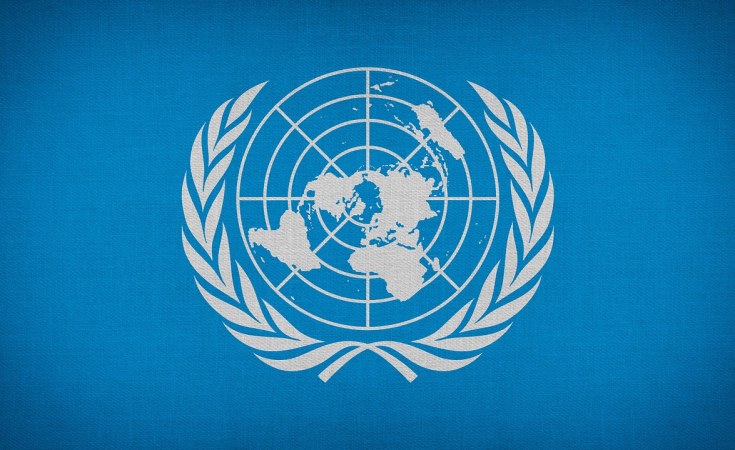Addis Ababa, — Leaders from African nations have echoed collective stance at the ongoing 78th session of the United Nations General Assembly (UNGA 78) stressing the need for a reformed multilateral institutions and international financial systems.
The 78th session of the United Nations General Assembly (UNGA 78) is being underway in New York.
African leaders participating at the assembly in their messages have echoed several issues critical to the peace and development of the continent including the impacts of climate change, unfair global financial system, poverty and conflicts.
They have asked the UN to reform itself by identifying its shortcomings and demanded for permanent seat for Africa at the UN Security Council.
The current AU Chairperson Comorian President Azali Assoumani said the UN need to undertake deep structural reform noting that Africa has the right to equally participate at global decision making bodies.
He pointed out that Africa has the potential to play key role in the effective implementation of the UN Sustainable Development Goals (SDGs) citing the fact that the population of the continent is expected to surpass 3 billion at the end of this year.
This necessitates Africa's fair representation at international venues, President Azali Assoumani underscored.
"Africa wants to make efforts with a view to protecting its rights by having permanent seat at the UN Security Council as this is the issue of equity and realizing the effectiveness of multilateralism."
In this regard, Assoumani also lauded members of the G 20 nations for including the African Union in their bloc.
The President of South Africa, Cyril Ramaphosa for his part stressed the need for institutions that are inclusive, representative, democratic, and advance the interest of all nations.
"We require a renewed commitment for multilateralism based on clear rules supported by effective institutions."
This is the moment to proceed with a reform of United Nations Security Council to give meaning to the principle of sovereign equality of nations, he added.
According to President Ramaphosa, the common African position on the reform of the UN Security Council is increasingly enjoying wide support.
He further emphasized that the interest of Africa, the continent that supplies mines and other raw materials to the global community in large magnitude, should practically be ensured at the international finance system.
Deputy Prime Minister and Foreign Minister Demeke Mekonnen said that reforming the Security Council is not a choice, but an absolute necessity, which requires the politically and morally justified allocation of permanent seats to Africa, demanding reformed and representative security council that is fit for purpose.
"A new global collective security system that respects the sovereignty of member states and prevents conflict is vital. As a long time champion and active participant in the UN mandated peacekeeping operations across the globe, Ethiopia underscores that reforming the UN Security Council is not a choice, but an absolute necessity. We need a reformed and representative security council that is fit for purpose."
Demeke has also stressed the need for the United Nations to provide adequate financial support to African peacekeeping missions and the necessary capacity building to enhance law enforcement activities in individual countries.
He said that Ethiopia believes that unilateral sanctions and inappropriate economic measures imposed on developing countries should be lifted without any preconditions noting that such moves are against the principles and procedure of the UN.
President of Kenya, William Ruto said for his part that the world is headed in a most undesirable direction.
He said UN Security council has not been properly providing solutions to the current global challenges as its structure is not inclusive.
Hence, President Ruto underlined the need to have an inclusive multilateral body stating the perusing with the status quo is unacceptable.
" It is moment like this the affirmative sprite of multilateralism, international collective action and global solidarity is most needed and should be attained," Ruto underscored.


